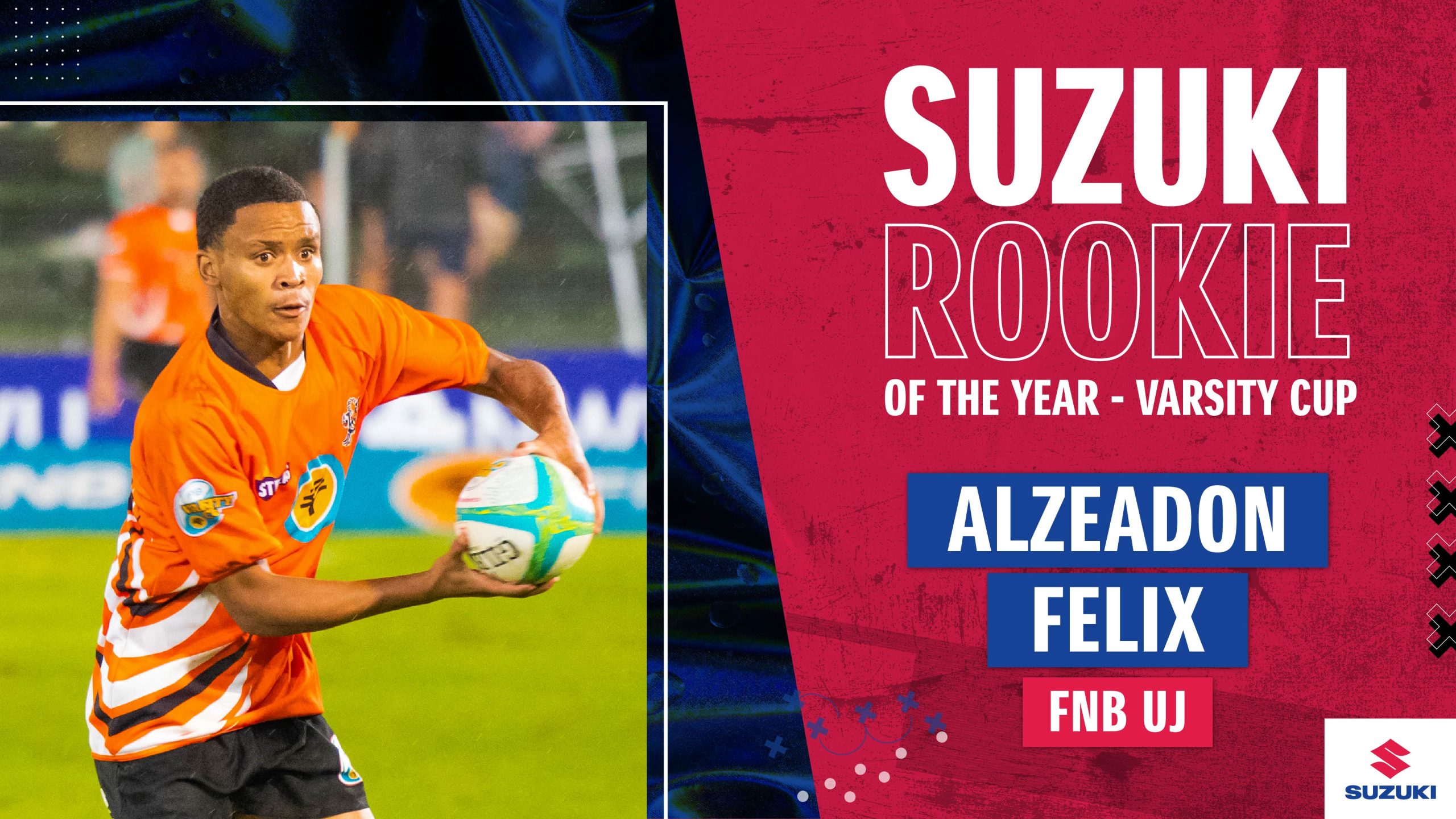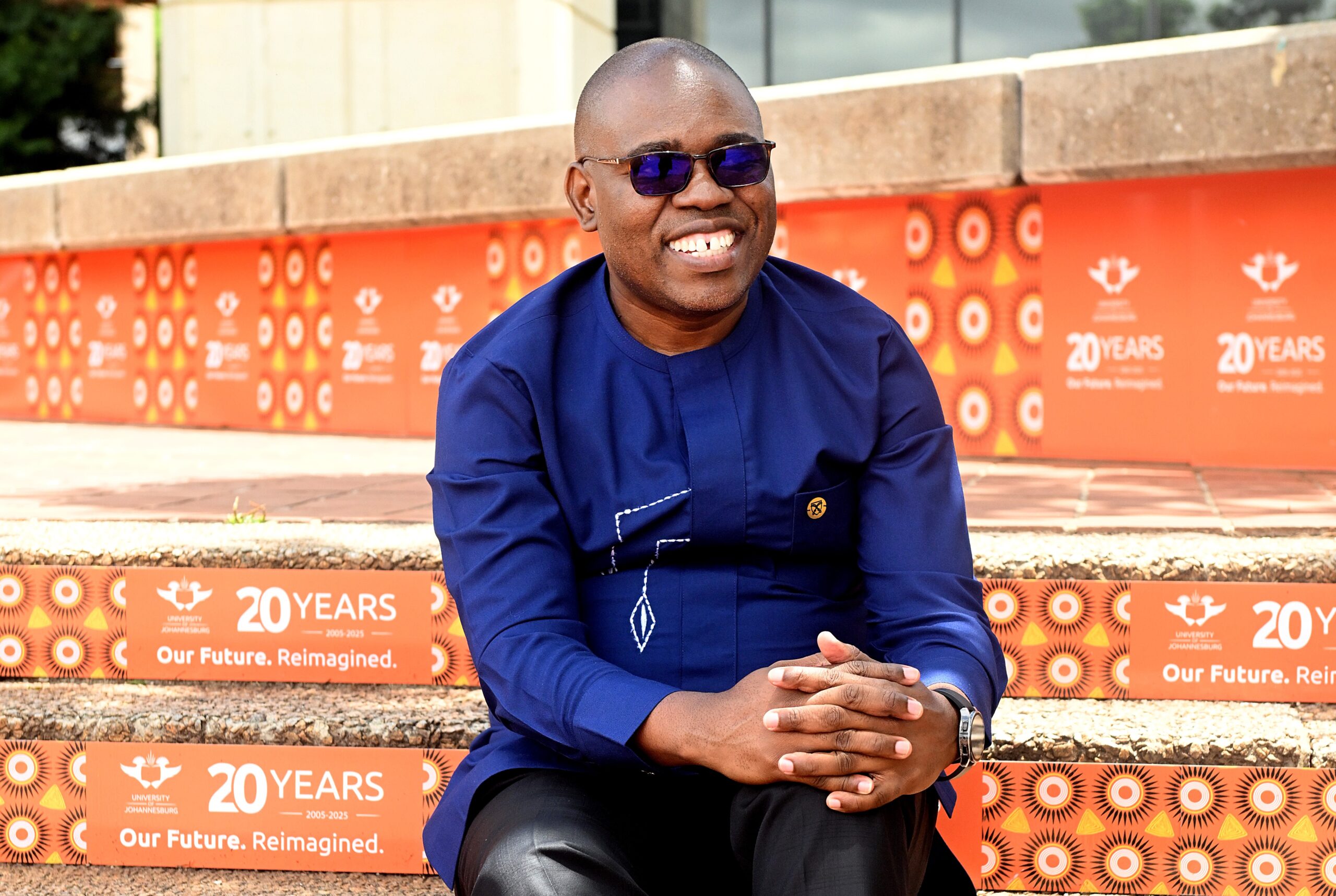Article originally published by World University News
South African universities are embracing the challenges and opportunities presented by the digital industrial revolution, better known as the Fourth Industrial Revolution (4IR).
Professor Tshilidzi Marwala, Vice-Chancellor of the University of Johannesburg (UJ), said preparing for the latest revolution has required a review of the curriculum at UJ to ensure that the university focuses on core skills required by students to succeed in the jobs of the future. Some of these skills involve problem-solving, the ability to interact, critical thinking and creativity.
“Given the fact that we need these skills how do we ensure that UJ prepares for the future? For this, education must be multi-disciplinary. Those in humanities must learn about technology, while those in technology must learn about humanities. Thus far, South African universities have not done it well in this regard; now there is no choice,” Marwala told University World News.
African insights
“At UJ we want to turn the curriculum around so people get those skills of the future. We must create knowledge and plan ahead for industries that are going to exist but are not yet here. Already we have introduced African insights to our students when it comes to big data and climate change, in many ways we are at the centre of the 4IR,” said Marwala, who has won international recognition for his research into artificial intelligence (AI), and has developed tools to change the way diseases are treated.
One of his pet projects as part of the innovation journey currently underway at the university is the development of a speech recognition tool similar to Apple’s Siri or Google Assist. “Current systems do not understand our voice. If I were to ask Siri, ‘Who is Tshilidzi Marwala?’ it says, ‘Sorry, I can’t help you’. But if I use a fake US accent, it is able to understand my request and talk about my books,” he said.
Marwala says the innovation transformation extends to Google Maps, which sometimes fails to understand indigenous names of streets and places. “We are making progress with our own machine. Students are in partnership on the journey, the university is applying for patents,” he said.
“What we are saying at UJ is clear: let us solve our domestic problems, addressing disease control, using artificial intelligence, looking at the profile of the continent. It worries me that people do not travel enough into Africa. We want students to work with students in Addis Ababa, as an example, addressing common challenges through artificial intelligence,” he said.
Collaboration
The race towards the 4IR is gaining pace at institutions throughout the country. The University of the Witwatersrand (Wits), along with UJ, University of Fort Hare, and Telkom recently announced an initiative to collaborate around how South Africa should respond. It forms part of a national dialogue series aimed at understanding its impact on the economy, citizens, society and the state; the role of higher education; the future of work; inequality; and other issues.
In May, television pay-station provider MultiChoice South Africa and the University of Pretoria announced a partnership to develop and sustain scarce artificial intelligence, and specifically machine learning technology skills in South Africa through sponsorship of a research chair in machine learning at the university.
“Technology is evolving every day on an exponential scale,’ said Professor Cheryl de la Rey, vice-chancellor and principal of the University of Pretoria, in a statement. “It is vital educational institutions invest in researching and educating students about the next waves of technology.”
Innovation
The 4IR is proving to be the heartbeat of innovation at Wits, where according to Professor Zeblon Vilakazi, professor of physics and deputy vice-chancellor for research, the institution is encouraging researchers and students to participate in the global knowledge economy and to lead the frontiers of knowledge creation, “so that we are not passive receptors of a new revolution”.
Vilakazi said the 4IR brings major disruption and is characterised by a fusion of technologies that blur the lines between the physical, digital and biological spheres. “For the fourth wave, we need to train scholars to deal with the challenges of the 21st century, some of which we may not yet have encountered,” he said.
Vilakazi said the new world order, including the use of the internet of things, robotics and artificial intelligence, has the potential to vanquish all routine jobs that we take for granted today – and create new ones that we cannot yet envision.
But the downside, he argued, could be a deepening inequality in an already divided society, while another major challenge for policy makers could be the widening of the gender gap due to the fact that trades and crafts that will benefit from this change, like computing, mathematics and engineering, are largely characterised by a gender imbalance – to use Silicon Valley as a case in point.
At Wits, there are several projects already playing in the new tech realm, including the development of a tech space in Braamfontein dubbed Tshimologong, where the emphasis is on transformative tech for healthcare and some of Wits’ big data projects. It also explores some of the human rights, ethical and moral questions pertaining to robots and ‘sentient beings’.
Embracing change
“I sincerely hope that we, as a university, with our partners, will develop the next generation of scholars who will change the future of Africa through developing the tech required for us to leapfrog across eons of poverty, unemployment and inequality, and in so doing create a new world order that prioritises humanity before profits and power. We can’t stop the change, any more than we can stop the sun from setting, so let’s embrace it,” he said.
In moving towards the 4IR, Clare Garrard, University of Cape Town computational biology lecturer in the department of integrative biomedical sciences, said taking science to the public can help demystify the area.
The Pint of Science initiative is a novel approach to bringing science to the public and highlighting African research in pubs around the world. Stemming from the “Meet the Researchers” concept where UK scientists Dr Michael Motskin and Dr Praveen Paul brought the public to the lab, Pint of Science was born in 2013. Now in its sixth year, it is held annually across the globe. South Africa joined in 2016 and is the only African country in the festival.
Garrard said the project builds a more trusting attitude towards science. “There is often a sense of mistrust of science that can arise from a lack of understanding, and the direct interaction between scientists and the public at Pint of Science helps to dispel that by allowing people to address questions directly to the people doing the research.”
Asked how the ‘university of the future’ might look, Garrard replied: “I imagine it will take on a number of different identities. The growing number of online courses means that people can attend courses without paying anything in order to learn and build skills – this may shrink some of the university market, but will also allow much freer access to education.”
South Africa’s Department of Trade and Industry believes that advances in science and technology will widen access to market opportunities across the African continent.
In a statement at the World Economic Forum, Dr Rob Davies, South African minister of trade and industry, said: “If we do nothing as a government, our companies will rapidly lose competitiveness against better organised and better supported counterparts. If we embrace the new technologies and systems, the impact on our society and economy will be transformative.”
Related News:
- The University of Johannesburg is delighted to announce the launch of the U21/PwC Innovation Challenge 2022!
- UJ, Nanjing Tech University initiate collaborative research to boost energy sector innovation
- Gauteng University Vice-Chancellors partner with Government to strengthen research and innovation



